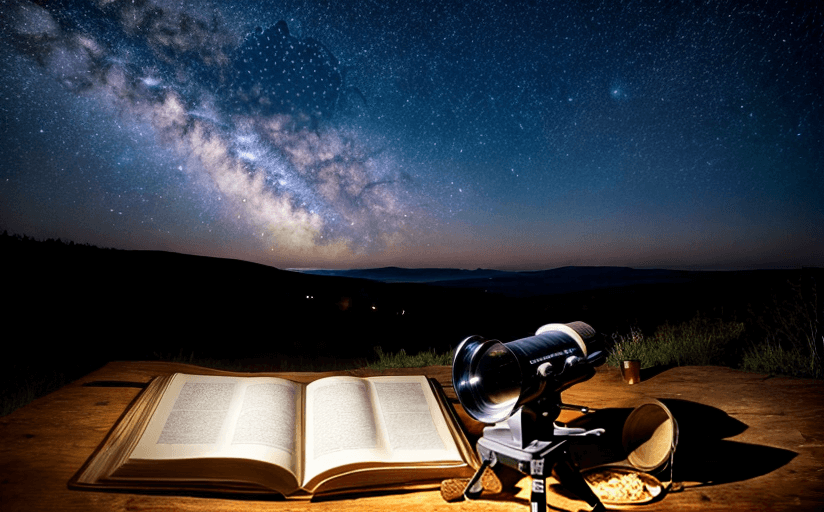Astronomy and its Influence on Traditional Culinary Practices
As we dive into the realm of Astronomy's influence on culinary practices, we traverse across different civilizations, transgressing the time boundaries to understand the crucial role played by celestial bodies in shaping our food culture.
Historical and Anthropological Perspectives
The rudimentary base of any food culture is its local agricultural production. Born from necessity, the ancients turned to the skies, a vast canvas of shifting patterns, to schedule their farming and harvesting. From Egyptians aligning their planting schedule with the rise of the Sirius star, to Chinese developing sophisticated calendars based on solar terms, Astronomy has had an undeniable influence on agricultural societies.
Moon-Based Calendars and Season-Specific Foods
Many ancient civilizations followed moon-based calendars. This influenced their agricultural activities, which in turn impacted their culinary repertoire. For instance, the Jewish calendar, a lunar-solar hybrid, consists of holidays based around specific foods like matzoh during Passover, linking religious observance, seasonal harvests and lunar cycles.
Impact of Celestial Events on Culinary Traditions
Celestial events often sparked a surge of delight and wonder, which people began to connect with culinary traditions or superstitions. The Mid-Autumn Festival in Chinese culture, which celebrates the full moon with mooncakes, echoes this exact sentiment. Similarly, many Native American tribes associate the annual solar eclipse with a need to fast, as they believe that cooking during this time could lead to misfortune.
Rituals Associated with Astronomical Phenomena
In many cultures, astronomical phenomena have taken on a ritualistic meaning, with specific dishes prepared in honor of these occasions. From the Southern Indian Pongal, cooked at the moment when winter solstice turns to sunnier days, to the Turkish dish Asure, served during Muharram to commemorate Noah's Ark's landing, culinary practices are deeply infused with celestial influences.
Cross-Cultural Evidence and Expert Opinions
Dr. Esteban Morales, an anthropologist specializing in historical culinary practices, states, 'It's hard to understate the enormous influence the heavens have had on our plates. Our ancestors' attention to celestial bodies gave birth to calendars, which further prompted agricultural decisions and, consequently, what ended up in their cooking pots.'
In conclusion, astronomy's reach extends far beyond the celestial sphere, impacting our daily lives, and as we've explored, our culinary traditions. The diverse food practices across civilizations bear testimony to this captivating relationship between our universe and our plates.

















Comments
Leave a Comment